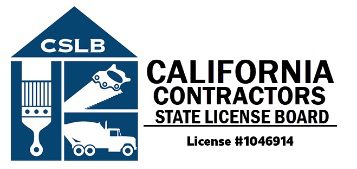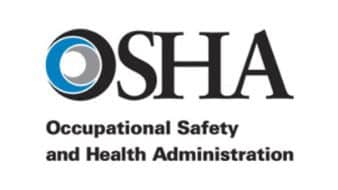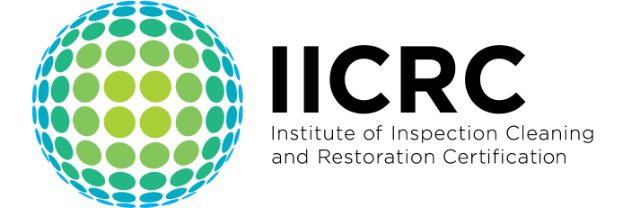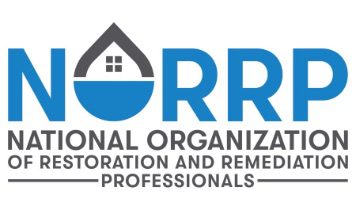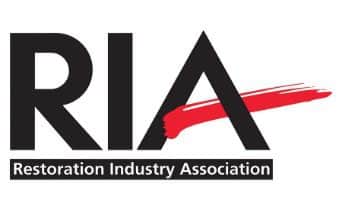Salvaging Valuables: Preserving Memories After a Fire or Flood
Salvaging Valuables: Preserving Memories After a Fire or Flood
In an emergency, most people aren’t thinking of material items. If you’ve lived through a fire, flood, or other natural disaster or emergency, your first focus should be the safety of yourself and your family.
With natural disasters setting records for severity and frequency in 2023, the growing threat of climate change shows us that there are many costly and heartbreaking challenges ahead. As we confront the aftermath of these disasters, the task of salvaging valuables becomes not just a practical chore but an emotional journey to preserve what remains of our beloved items.
Navigating this delicate process requires expertise, which is why we recommend that individuals affected by natural disasters first consult with a fire and flood restoration expert before making any decisions about how to handle their belongings. Let our restoration experts guide you through our best practices for salvaging your valuables after a fire or flood.
The Best Way to Salvage Your Belongings After An Emergency
Navigating the aftermath of an emergency varies depending on the circumstances, but a crucial thing to remember is that you should proceed with great caution. If you’ve been given the all-clear to enter your property, wear adequate personal protective equipment like a well-fitting mask and gloves, which can help minimize exposure to toxic substances.
From there, follow these tips to ensure you can salvage as much as possible, depending on the situation.
Fire
- Get in quickly: After a fire, the 24 to 48-hour period after the flames have been extinguished is critical. After that, acidic soot and smoke damage will contribute to the deterioration of your home’s structural elements and the valuables inside.
- Touch things as little as possible: Avoid handling items you want to salvage after a fire since every touch will drive soot deeper below the surface.
- Box up items carefully: Be extremely careful when picking up damaged items. Use boxes or plastic containers to move things from place to place.
- Heat can make items more brittle: Use extreme caution when picking up glass, ceramic, or metal items, as heat can make them even more prone to breakage.
Flood
- Handle items with care: The heavy weight of water can put stress on delicate items, so handle things like clothing, stuffed animals, and books very cautiously.
- Use paper towels with paper items: If you have books, photographs, or paperwork you’re trying to salvage, lay them on paper towels to help wick water away.
- Freeze items you can’t deal with immediately: Mold will develop if you leave wet items out at room temperature. If you have items you can’t attend to quickly, put them in a fridge or freezer.
If you have items that can’t be salvaged, get creative to see if they can be used for any other purpose. Unaffected areas of burned clothing or textiles can be made into a memory quilt or shoes used as garden planters.
Find a Reputable Fire and Flood Restoration Company
While preserving memories and valuables may be your priority following an emergency, underlying safety concerns often need to be addressed first.
We recommend consulting with a local fire and flood restoration expert like Dry Kings to protect your health and maximize your chances of saving your valuables. Our experts can help guide you through the process of safely salvaging your precious items so you can get back to normal faster. Contact us today to learn more about our fire and flood restoration services.
Contact
More News
Newsletter
Sign up and receive valuable tips to help you protect your residential building or commercial property from damages.
Awards
